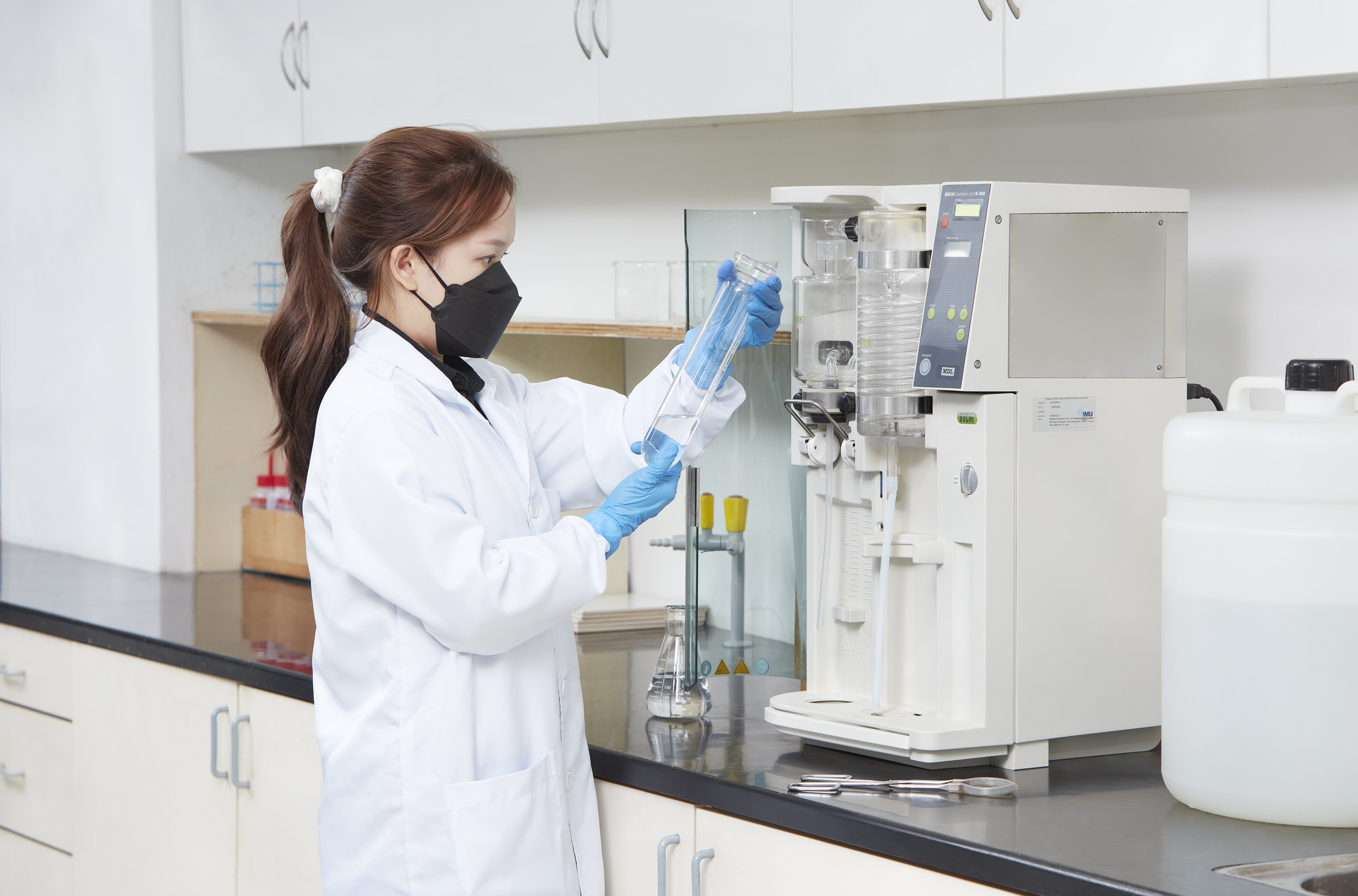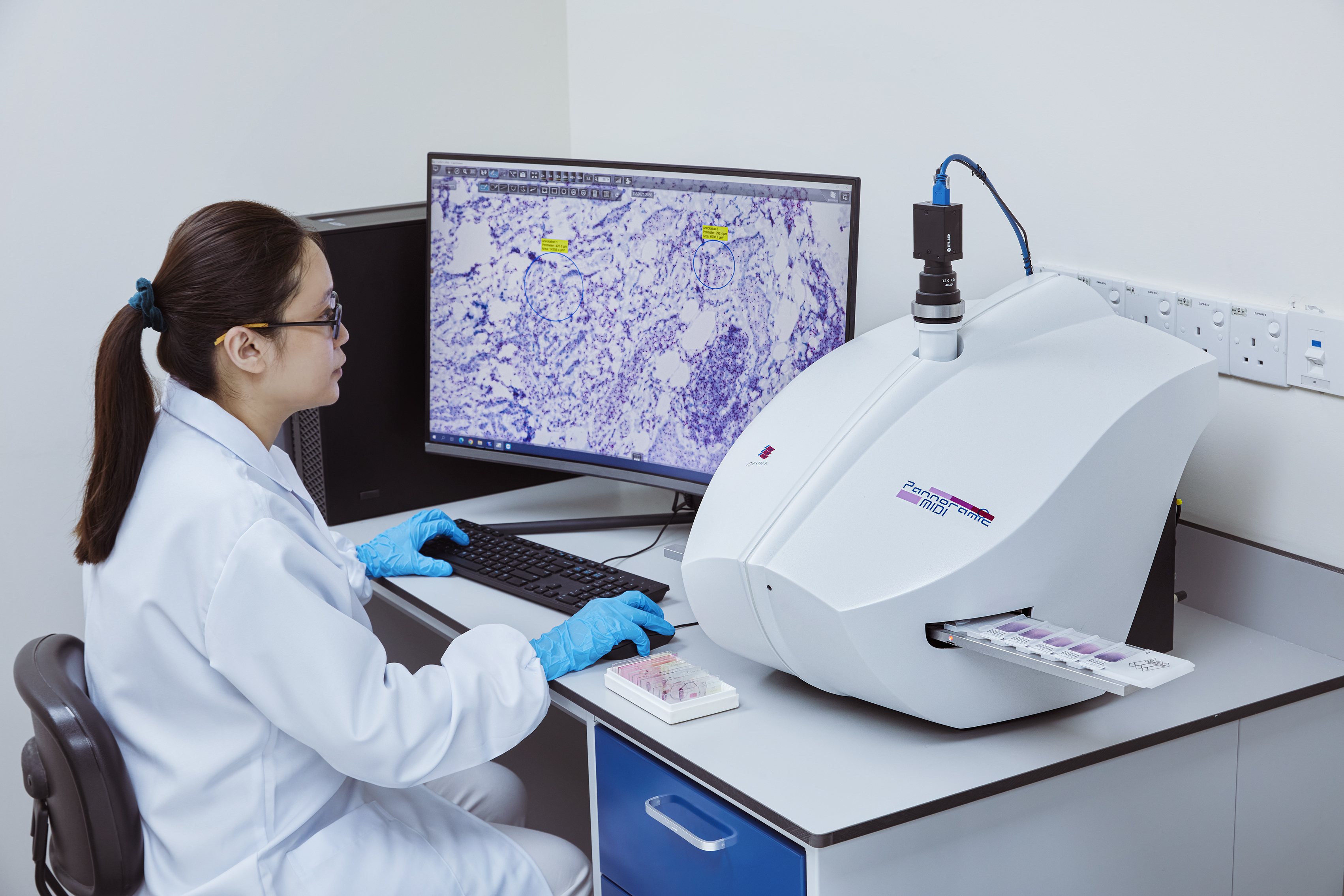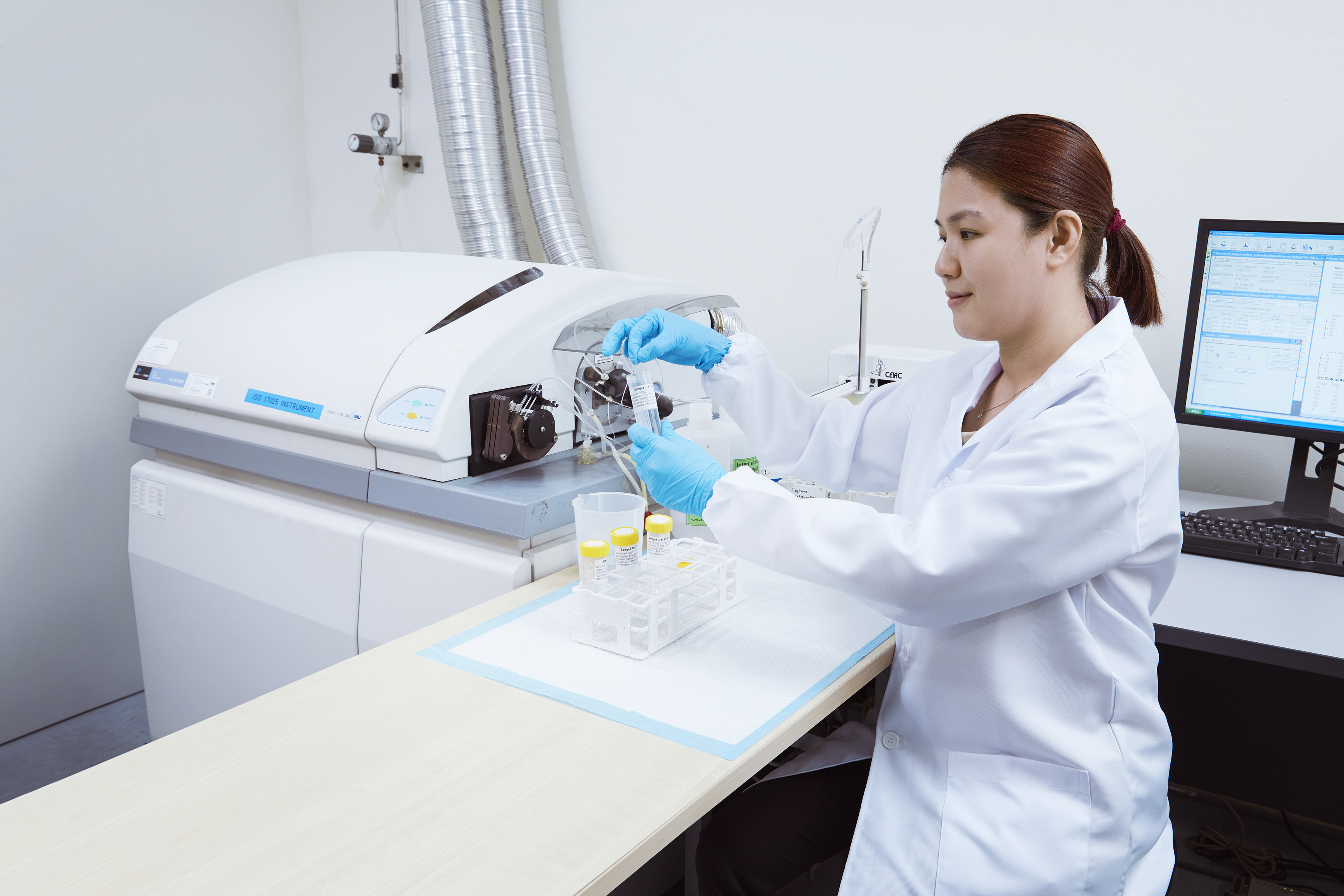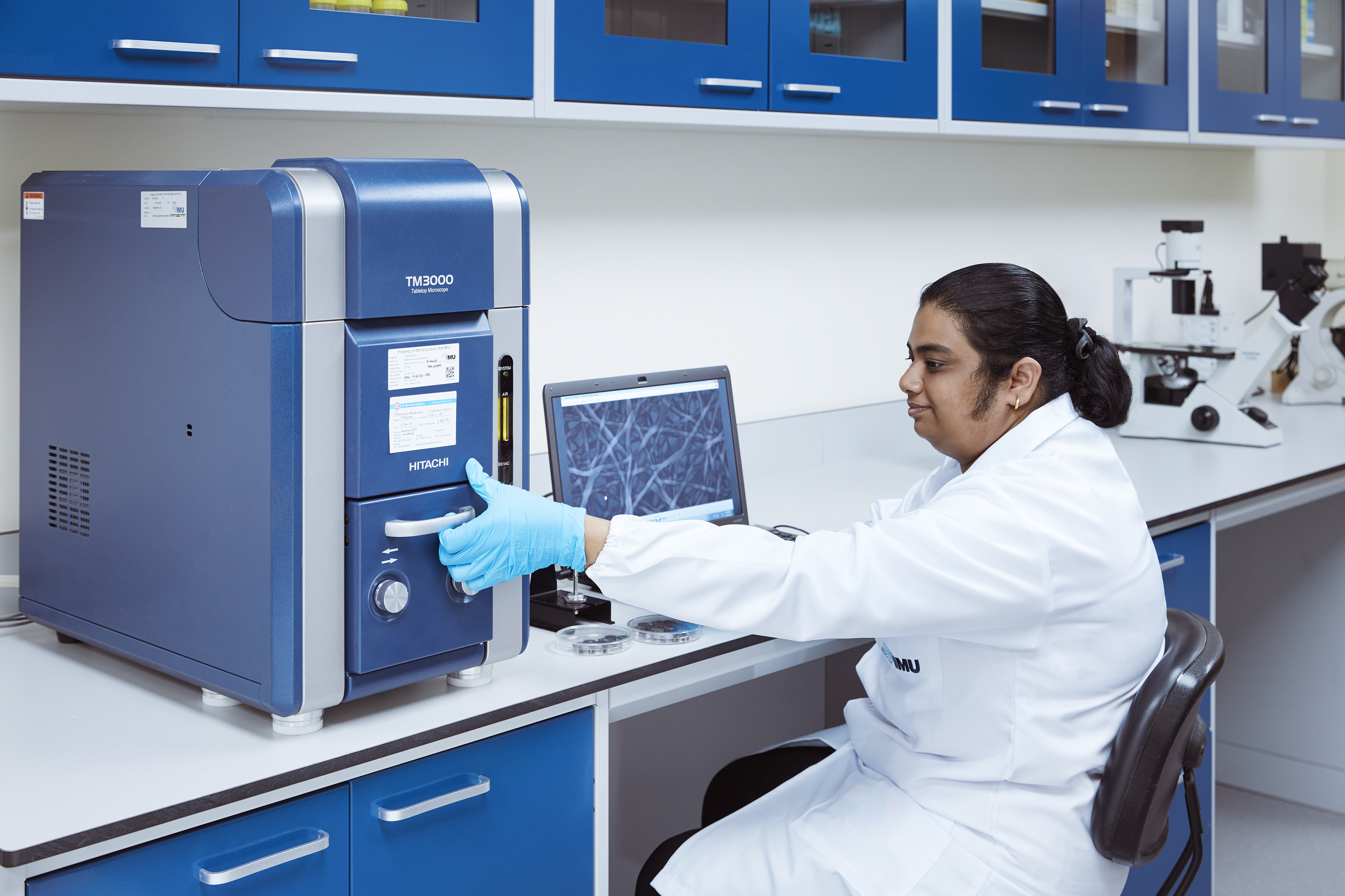
Institute for Research, Development and Innovation - Research Lab
The IMU research laboratories were established to support research activities of IMU with a floor space of 26,000 square feet. The laboratories were equipped with animal tissue culture, microbiological, molecular biology, cell-based assays, purification systems and synthetic chemistry facilities. There is also an animal holding facility with state-of-the-art caging and maintenance system for experimental animals. An Environmental Health Laboratory equipped with an inductively coupled plasma mass spectrophotometry (ICP-MS) machine was set up for the testing of toxicants such as heavy metals in environmental, water and food samples and has been accredited by the International Standard ISO/IEC 17025:2005. The facilities not only support both undergraduate and postgraduate research but also provide services to the industry, as part of the commercialisation activities.






The Institute for Research, Development and Innovation (IRDI) was established on 18 September 2012 in lined with the IMU’s strategic plan ASPIRE (2011-2015) to be an innovative global centre of excellence in learning and research. The IRDI was officially launched by the Chancellor, Dato’ Sri Dr. T. Devaraj on18 September 2012. The mission of IRDI is to be recognised as a leading private research institute in Asia that creates value through integrating education, healthcare and research.



